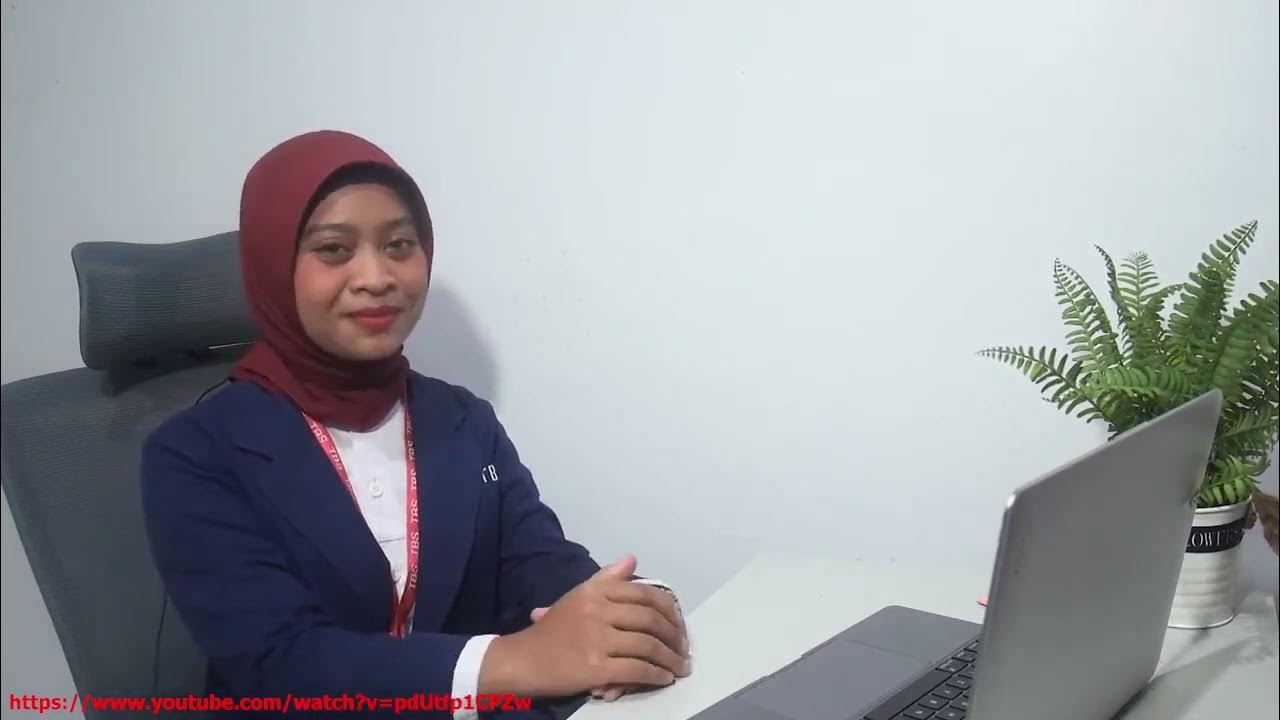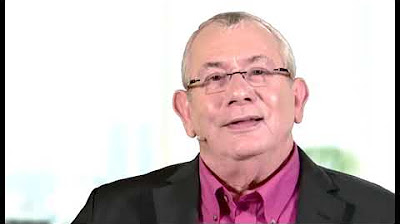10 Telephone Customer Service Tips | Telephone Etiquette
Summary
TLDRIn today’s fast-paced world, effective telephone etiquette is crucial for maintaining a professional image and ensuring customer satisfaction. This video highlights the top 10 tips to improve your telephone skills, such as speaking clearly, using appropriate language, listening attentively, and minimizing distractions. It also emphasizes the importance of patience, proper introductions, and addressing callers respectfully. By following these tips, businesses can enhance customer interactions, build trust, and avoid negative perceptions that could harm their reputation. Watch this video to learn how to elevate your phone skills and create a positive impact on your business.
Takeaways
- 😀 Speak clearly and at a moderate pace to ensure the caller understands you without strain.
- 😀 Use a normal tone of voice, avoiding shouting, to reduce stress and prevent irritation.
- 😀 Never chew gum, eat, or drink while on a call, as it is unprofessional and distracting.
- 😀 Avoid swearing, slang, or improper language to maintain professionalism and respect.
- 😀 Address callers by their proper last name and title, not their first name, to maintain a respectful distance.
- 😀 Listen attentively to the caller, restate or repeat their message to verify understanding.
- 😀 Stay calm and patient, especially when handling frustrated callers—don’t let emotions affect your tone.
- 😀 Always ask if you can place the caller on hold, and ensure you return to thank them after the wait.
- 😀 Minimize distractions during calls to focus entirely on the caller and avoid frustration.
- 😀 Properly introduce yourself and your company at the beginning of each call so the caller knows who they are speaking to.
Q & A
Why is telephone etiquette so important in today's business world?
-Telephone etiquette is critical because poor phone manners can create a negative perception of your business, leading to loss of customers and revenue. A professional and courteous phone interaction enhances customer satisfaction and reflects positively on the business.
What is the significance of speaking clearly and precisely over the phone?
-Speaking clearly is essential because the caller cannot see facial expressions, so clarity in your voice ensures they understand your message. Speaking too fast or unclearly can lead to confusion and frustration.
How can shouting on the phone affect the conversation?
-Shouting increases stress and tension, which can annoy the caller and escalate any existing frustration. It's important to use a normal tone of voice to maintain a calm and professional atmosphere.
Why should you avoid eating, drinking, or chewing gum during a call?
-Eating, drinking, or chewing gum is distracting and unprofessional. The person on the other end can hear these noises, which can make the conversation uncomfortable and detract from the focus of the call.
What type of language should be used on a professional call?
-Use formal, respectful language. Avoid slang, swearing, or improper language, as these can offend the caller and undermine your business’s professionalism.
Why is it important to address the caller by their proper last name and title?
-Addressing the caller by their full name and title maintains professionalism and shows respect. Using first names can create an uncomfortable level of familiarity that may not be appropriate.
How can listening attentively improve a telephone conversation?
-Active listening ensures the caller feels heard and understood. Restating or summarizing what the caller has said demonstrates attentiveness, verifies accuracy, and helps resolve issues more effectively.
What should you do if a caller is frustrated or angry?
-Remain calm and patient. Allow the caller to vent their frustrations without interrupting. Respond in a calm, steady tone to help defuse the situation and avoid escalating tensions.
What is the correct way to place a caller on hold?
-Always ask for permission before placing a caller on hold. When you return, thank them for their patience. This ensures the caller feels respected and prevents misunderstandings.
Why is it important to avoid distractions during a phone call?
-Focusing entirely on the call shows respect for the caller and helps avoid mistakes. Distractions can be heard by the caller and can cause frustration, negatively affecting the conversation.
What information should you include when leaving a voicemail message?
-When leaving a voicemail, be brief and to the point. Include your name, the company you represent, the purpose of your call, your callback number, and the date and time of your call.
Outlines

Esta sección está disponible solo para usuarios con suscripción. Por favor, mejora tu plan para acceder a esta parte.
Mejorar ahoraMindmap

Esta sección está disponible solo para usuarios con suscripción. Por favor, mejora tu plan para acceder a esta parte.
Mejorar ahoraKeywords

Esta sección está disponible solo para usuarios con suscripción. Por favor, mejora tu plan para acceder a esta parte.
Mejorar ahoraHighlights

Esta sección está disponible solo para usuarios con suscripción. Por favor, mejora tu plan para acceder a esta parte.
Mejorar ahoraTranscripts

Esta sección está disponible solo para usuarios con suscripción. Por favor, mejora tu plan para acceder a esta parte.
Mejorar ahora5.0 / 5 (0 votes)






